The tachahoud, also called "at-tahiyyat", is an essential element of the salât (prayer) in the Islamic tradition. Evoking both praises to Allah and prayers for the Prophet Muhammad (peace and blessings be upon him), the tachahoud is a manifestation of the faith of the Muslim and a way of getting closer to the Creator.
Tacahoud in Arabic and its translation:
Arabic: التَّحِيَّاتُ لِلَّهِ، وَالصَّلَوَاتُ وَالطَّيِبَاتُ، السَّلا مُ عَلَيْكَ أَيُّهَا النَّبِيُّ وَرَحْمَةُ اللَّهِ وَبَرَكاتُهُ، السَّلامُ عَلَيْنَا وَعَلَىٰ عِبَادِ اللَّهِ الصَّالِحِينَ، أَشْ هَدُ أَنْ لَا إِلَٰهَ إِلَّا اللَّهُ، وَأَشْهَدُ أَنَّ مُحَمَّدًا عَبْدُهُ وَرَسُولُهُ.
Translation: Salutations are to Allah, as well as prayers and good works. Peace be upon you, O Prophet, and Allah's mercy and blessings. Peace be upon us and upon the righteous servants of Allah. I bear witness that there is no god but Allah. I testify that Muhammad is His servant and His messenger.
The Origin of Tachahoud
Historical context
The origin of tachahoud is deeply rooted in prophetic tradition. According to several hadiths, the tachahoud was taught by the Angel Gabriel to the Prophet Muhammad (peace and blessings be upon him) during the night ascension (Isra and Miraj). This event marks a major turning point in the life of the Prophet and in the history of Islam.
Its spiritual significance
The tachahoud, by its words, is an affirmation of the oneness of Allah and an acknowledgment of the role of the Prophet Muhammad as the last messenger. It is designed to refocus the faithful on the essence of their faith during their prayers.
Words and Their Meanings
The content of the tachahoud
The tachahoud begins with praises addressed to Allah: "At-tahiyyatu lillahi...". It continues with a prayer for the Prophet and his family and concludes with a supplication for peace and blessings upon all the Prophets.
His recitation in prayer
The tachahoud is recited at different times during the salat, especially during the seated position. Its recitation varies depending on whether it is a prayer of two, three or four units (rak'ats).
The Importance of Tachahoud in the Salat
A pillar of prayer
The correct recitation of tachahoud is essential for the validity of the prayer. Omitting the tachahoud, intentionally or through oversight, requires a repair procedure.
meditation and concentration
As the tachahoud is recited, the devotee is invited to meditate on its words, to feel a closeness to Allah and to reflect on their relationship with the Prophet Muhammad (peace and blessings be upon him).
Tachahoud Across Cultures
Regional variations
Although the core of the tachahoud remains constant, there are minor variations in its recitation across different legal schools of Islam. These variations reflect the richness and diversity of the Muslim umma.
The learning of tachahoud
In many cultures, learning tachahoud is one of the first steps in Islamic education. Children learn to recite it from an early age, emphasizing its central importance in the practice of faith.
FAQs
1. When exactly should one recite tachahoud in prayer? It is recited during the sitting position of the salât, and depending on the number of rak'ats, it may be recited once or twice.
2. Are there common mistakes to avoid when reciting tachahoud? It is crucial to pronounce the words correctly and to understand their meaning. Omitting an essential part of the tachahoud could invalidate the prayer.
3. Is tachahoud present in all forms of prayer? Yes, whether in the obligatory prayers (farâ'id) or the supererogatory prayers (nafl), the tachahoud is a constant element.
Conclusion
The tachahoud is much more than a simple recitation during the prayer. It is a powerful reminder of the fundamental belief in the Oneness of Allah and the mission of Prophet Muhammad. By reciting it with conviction and meditation, the faithful strengthens his bond with the Creator and becomes deeply imbued with the teachings of Islam.
ا



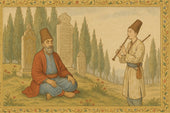



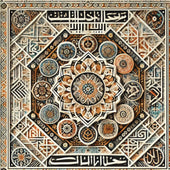













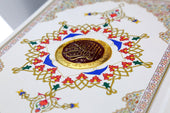





















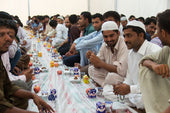




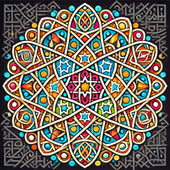
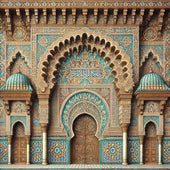
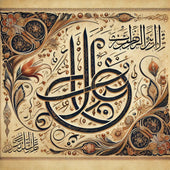





























































1 comment
Merci des enseignements
Que Dieu soit satisfait de vous